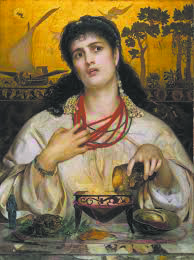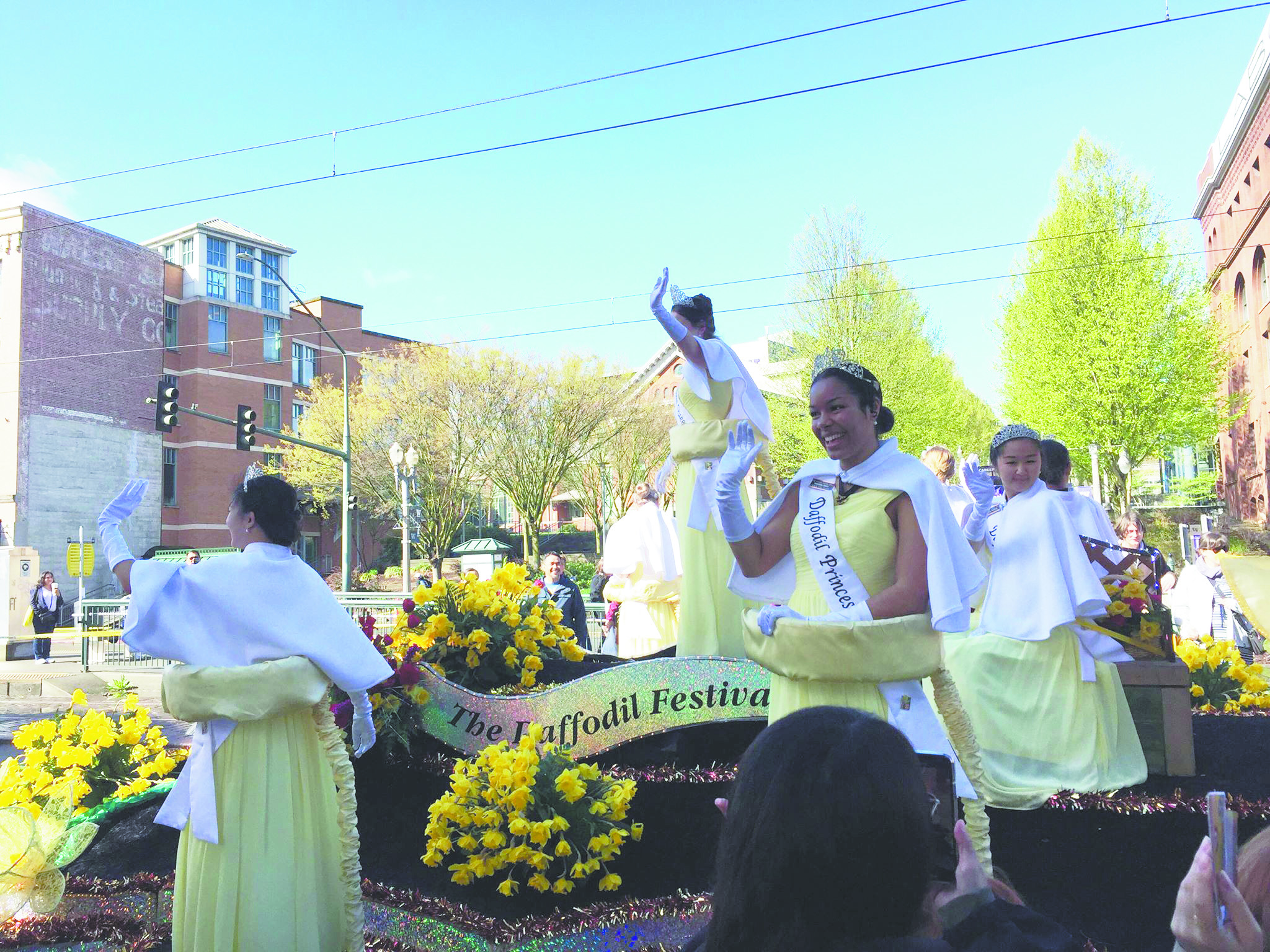UW Tacoma prepares for spring performance of ‘Mojada: A Medea in Los Angeles’
UW Tacoma’s School of Interdisciplinary Arts and Sciences is starting off spring quarter strong with their rendition of Luis Alfaro’s “Mojada: A Medea in Los Angeles.” The play is to be directed by UWT professor Maria-Tania Bandes B. Weingarden, with the cast made up of both UWT students and local community actors. “Mojada: A Medea in Los Angeles” is set to be performed on May 24, 25, 26, 31 and June 1, with the location to be announced soon.
Alfaro’s “Mojada: A Medea in Los Angeles” re-imagines the Ancient Greek play “Medea,” written by Euripedes in 431 BC. The Greek tragedy follows Medea, a former princess of the Colchis kingdom. Medea’s life and status as a princess enters a whirlwind as she seeks revenge on her cheating husband Jason and his new wife. “Medea” puts forth themes of femininity, vengeance and love. Although spinning an entirely new story, Alfaro’s re-imagined “Mojada” grasps onto several key parts of the “Medea” plot, characters and form.
“Mojada” takes the core of an Ancient Greek woman’s plight and applies it to contemporary times, adding themes surrounding immigration and what it means to be a traditional Latinx woman in our current society. Translating to a slur for Mexican-Americans, the title “Mojada” speaks to the discrimination endured by many Mexican-Americans and Latinx people in the United States. As the modern day Medea navigates life, she finds herself stuck between the traditional ways of her village in Mexico and her new life in fast-paced LA. As she fulfills her roles as mother and wife to husband Hason and son Acan, she finds herself haunted by her past and troubled by her new life in her new country.
Because issues surrounding immigration are such a hot topic in our current political climate, now is as good a time as ever to tell authentic stories of the experiences people have when immigrating to the US. “Mojada” not only tells a tale that many undocumented, newly immigrated, first, second and third generation Latinx people can identify with, but also moves to explore how the intersection of gender, ethnicity and culture shapes a person’s experience. Medea, — caught between her Mexican upbringing of being a doting mother and virtuous wife — clashes with Hason’s desire to pursue his “American Dream” and shun the traditional ways of his home country.
“Mojada: A Medea in Los Angeles” is setting itself up to be a performance that showcases UWT’s talent, as well as a clear reflection of the campus’ devotion to diversity and inclusion — which is done so when a group of people are able to identify with and see themselves and their stories on stage. Be on the lookout this spring for “Mojada” — a refreshing, modern take on an Ancient Greek tragedy in a time where true expressions of identity are needed.


